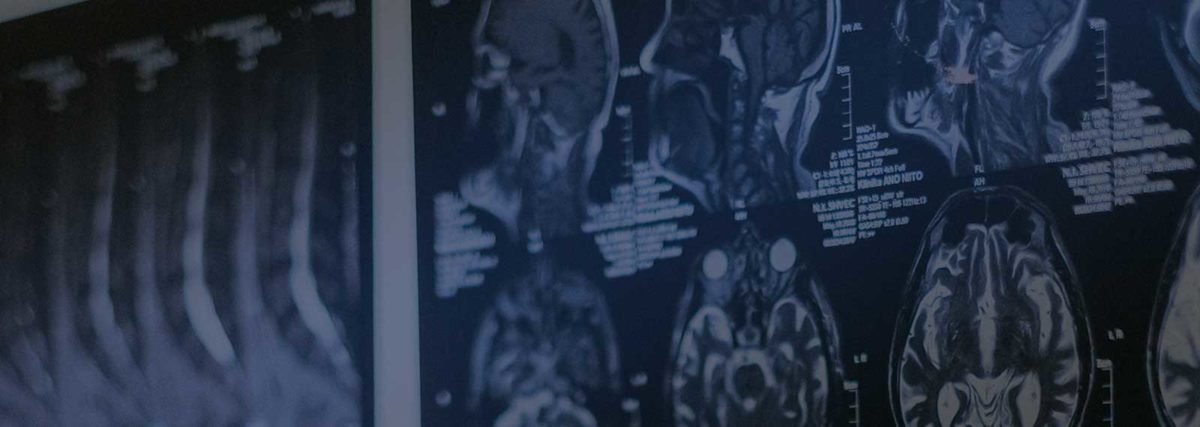- Free Consultation
- 630-960-4141

Chicago & Downers Grove Traumatic Brain Injury Attorney – Illinois TBI Attorney
Although a Traumatic Brain Injury (“TBI”) occurs through a traumatic event like many injuries, the effect of the TBI is vastly different from other traumatic injuries. A TBI can affect all aspects of our lives, including ambulation, vision, and our personalities.
Other traumatic injuries such as a broken leg, are limited to a specific part of the body and can often heal and return to at least close to normal function. However, injuries to the brain do not heal the same as other traumatic injuries. And, since each individual’s brain is unique, the ability of the brain to heal and the extent to which the brain can heal varies from person to person. Therefore, the effects of a brain injury are often vastly different from one person to another.
Also, symptoms may take a while time to appear. Further, the injured person may not even be aware of his or her injuries. Therefore, those close to the injured person need to recognize the symptoms of the injury.
These symptoms include the loss of awareness of a person’s location, the current date, and basic current events, such as who is currently the President of the U.S. They may also have problems with ambulation, or walking, vision (i.e. blurred vision), and can appear as though they have consumed alcohol or misused drugs. It is also important that the effects of brain injuries are known.
These effects include loss of consciousness, confusion, and disorientation. More severe effects include memory problems, attention deficits, mood swings, and frustration. Even more severe effects can include abnormal speech or language, emotional problems, loss of use of arms or legs, and severe cognitive problems, such as the ability to think and remain awake, even to the point of being comatose. As is apparent, anyone who is close to an individual who has sustained a TBI must remain vigilant in his or her observation of that person, making sure that the injured person does not show the symptoms mentioned above or other brain impairments, especially since the injured person may not even be aware of the symptoms.

